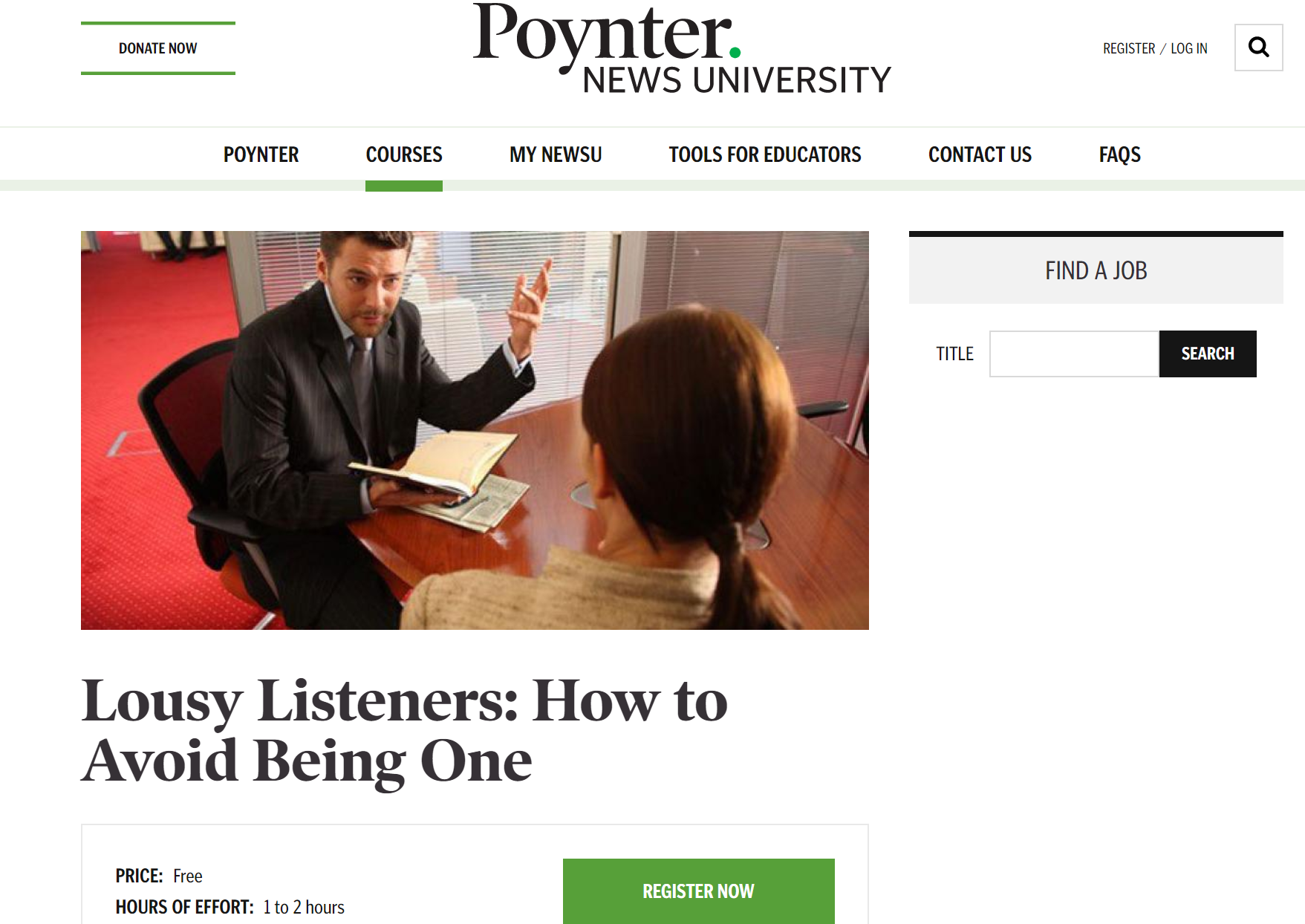Here on my strategic interviewing sub-page, I want to talk about what makes a good interview.
Sometimes it involves asking the right question and drilling down.
Other times, a good interview is one with precise listening and only small nudges here or there.
Knowing when to talk, when to summarize, when to put on pressure,
and when to shut up are all critical skills for a strong interview.
Rhea's interview approach
A strategic interview is one in which the interviewer finds out all he, she or the audience needs to know and does so in a way that leaves the interviewee feeling good and able to shine.
Strategic interviews are not attacks – neither frontal nor subtle. They are not for use in political theater. Ideally, they are conversations.
When an interview is strategic, that means it was conducted in a sophisticated way, was organized around story, and was motivated by a sincere desire to learn and/or help the subject clarify his thoughts.
A quest to understand? Or the interviewer's own stage?
5 signs your interviews are really about you
- You smile a lot with a knowing, uppity look
- You talk too much about yourself
- Your questions are long and convoluted
- Your questions are designed to show your own knowledge of the subject matter
- Your questions are really statements masked as questions
A strong interview is the basis of a solid profile
Rhea's interview approach
Interviews are a key way to elicit ideas and to help writers work quickly and effectively.
When conducting interviews, here are a few techniques I use:
- Interview in a structured way. Tailor my questions to my tentative story outline.
- When someone is getting vague, I try a short interjection that is a question:
- Because?
- Example, please?
- What do you mean by that?
- Repeat back to the source. “I understand you to say…. and then provide my own summary”
Rhea's Interviewing Services
Podcast & Radio Interviews
On-Camera Interviews
On-Stage / Event Interviews and Moderation
In-person interviews – Knowledge and Process Capture



